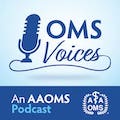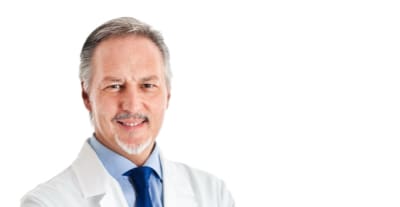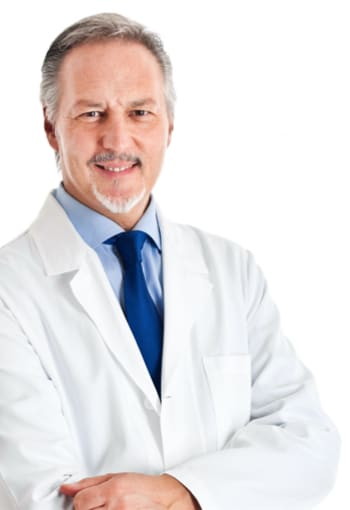HPV Vaccine
The HPV vaccine is for men, women and children and prevents infections associated with the most common types of HPV, including many associated with oropharyngeal cancers. The HPV vaccine only prevents new HPV infections. As such, the CDC recommends the vaccine to be administered to children before HPV exposure occurs.
Patients who have not been vaccinated should discuss the HPV vaccine with their general practitioner. The HPV vaccine is recommended for everyone younger than 26 and could be beneficial for older patients as well.

OMS Voices Preview: Oral Cancer and the OMS
What is HPV?
Human papillomavirus is the most commonly transmitted sexually transmitted disease in the United States and often is acquired shortly after becoming sexually active. The virus is a known cause of cervical cancers as well as vulvar, vaginal, penile, anal, oropharyngeal and oral cancers.
It is estimated 80 to 90 percent of people will be infected with at least one type of HPV in their lifetime.
Is the HPV Vaccine Safe?
The HPV vaccine is safe. As of 2017, more than 270 million doses were distributed internationally with no serious safety concerns.
Despite the vaccination’s safety, participation rates lag behind those for TDaP (tetanus, diphtheria, acellular pertussis) and MCV4 (meningococcal conjugate vaccine, quadrivalent). The 2016 National Immunization Survey identified adolescent coverage rates of 88 percent for Tdap and 82.2 percent for MCV4. In 2018, only 51.1 percent of adolescents ages 13 to 17 were current with their HPV vaccine, with 68.1 percent receiving one or more doses.

OMS Voices Preview: What to Do When You Find a Bump in Your Mouth
Is the HPV Vaccine Necessary?
Multiple research studies suggest the main reasons why young people don’t get vaccinated against HPV is because many parents believe the vaccine is unnecessary. The reality is over 53,000 new cases of HPV-associated cancers are diagnosed annually, according to the Centers for Disease Control and Prevention, and the HPV vaccine is designed specifically to prevent new HPV infections that could lead to cancer.
The HPV vaccine is recommended for boys and girls ages 11 or 12 but can be started as early as age 9. Ideally, patients will receive their completed HPV vaccination by their 13th birthday, before potential exposure to HPV occurs.
HPV Vaccine Schedule
A patient’s HPV vaccine schedule will depend on the age the vaccine is received:
- Children who are vaccinated at age 15 or older (up to 26 years old) are required to receive three shots of the HPV vaccine usually over an eight-month period.
- Younger children can begin the HPV vaccination between the ages of 9 and 14 and require just two shots of the HPV vaccine (six to 12 months apart).

